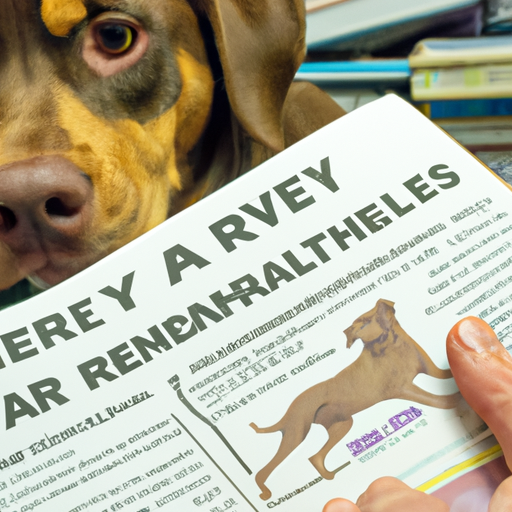As a caregiver, you know that taking care of your furry friend involves more than just food, water, and affection. It also includes regular vet visits and vaccinations. One crucial vaccine your pet needs is the rabies shot.
What is the Rabies Vaccine?
Rabies is a severe, and often fatal, viral polioencephalitis that specifically affects the gray matter of the dog’s brain and its central nervous system. The primary way the rabies virus is transmitted to dogs in the United States is through a bite from a disease-carrying animal like a fox, raccoon, skunk, or bat.
The rabies vaccine is designed to protect your dog from this disease. It is one of the vaccines that all dogs, regardless of their lifestyle, are legally required to have in many states and countries.
When Should Dogs Get Their First Rabies Shot?
When it comes to the question of ‘what age do dogs get rabies shot’, the general rule of thumb is that dogs should get their first rabies vaccine when they are around 12 to 16 weeks old.
However, this can vary depending on your location and the laws in your state or country. Some places may allow the rabies vaccine to be given at a slightly younger or older age.
How Often Do Dogs Need a Rabies Vaccine?
After the initial rabies vaccine, your dog will need a booster one year later. Following this, the frequency of rabies shots will depend on the specific vaccine used, your dog’s health, and local regulations.
| Rabies Vaccine Schedule | Age |
|---|---|
| First Vaccination | 12 – 16 weeks |
| First Booster | 1 year later |
| Subsequent Boosters | Every 1 – 3 years |
The Importance of Rabies Vaccination
Rabies vaccination is not just essential for your dog’s health; it’s also a crucial public safety issue. Rabies can be transmitted to humans and is almost always fatal once symptoms appear.
By ensuring your dog is vaccinated against rabies, you’re protecting your family, your community, and yourself.
What to Expect After the Rabies Shot
After your dog gets a rabies shot, they might experience some mild side effects. These can include soreness at the injection site, mild fever, and reduced appetite. However, these side effects should pass within a day or two. If your dog seems particularly unwell after receiving a rabies vaccine, contact your vet immediately.
Frequently Asked Questions
Q: Can my puppy get rabies?
A: Yes. All mammals, including puppies, can contract rabies.
Q: Are rabies vaccines safe for dogs?
A: Yes. Rabies vaccines are considered very safe for dogs.
Q: What if my dog misses a rabies shot?
A: If your dog misses a scheduled rabies shot, contact your vet immediately to reschedule.
In conclusion, as a caregiver, it’s your responsibility to ensure the health and safety of your pet. Regular vaccinations, including the rabies shot, are a crucial part of this.



